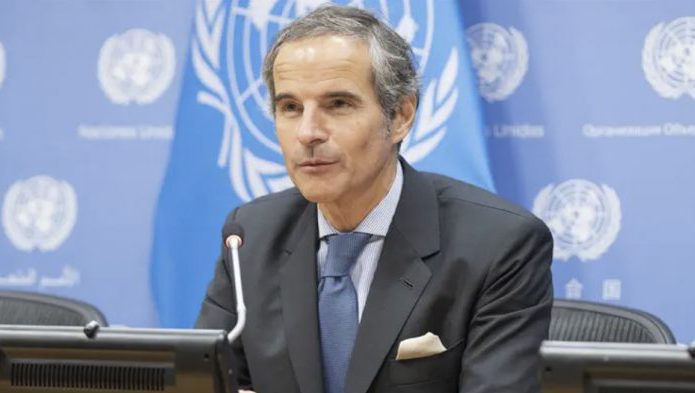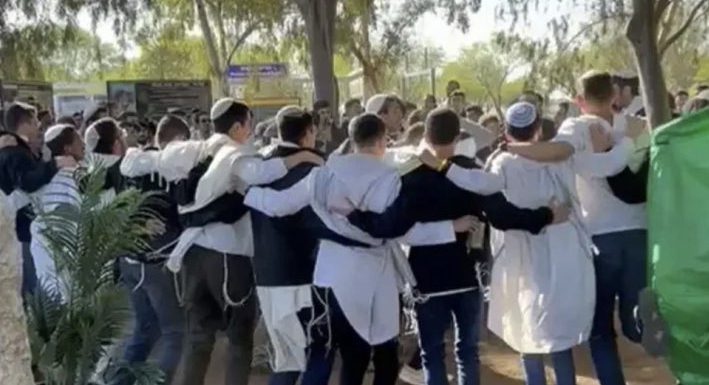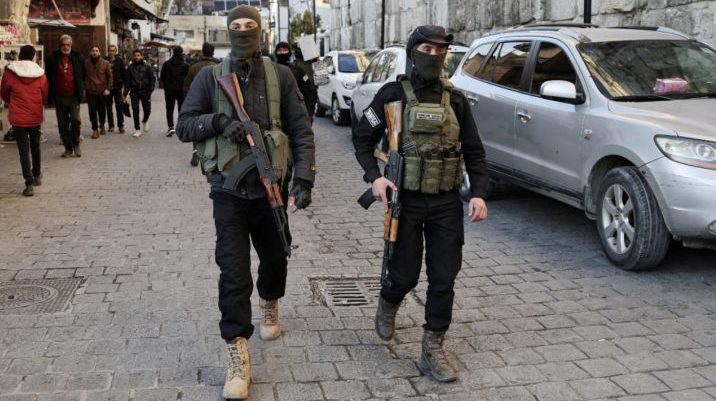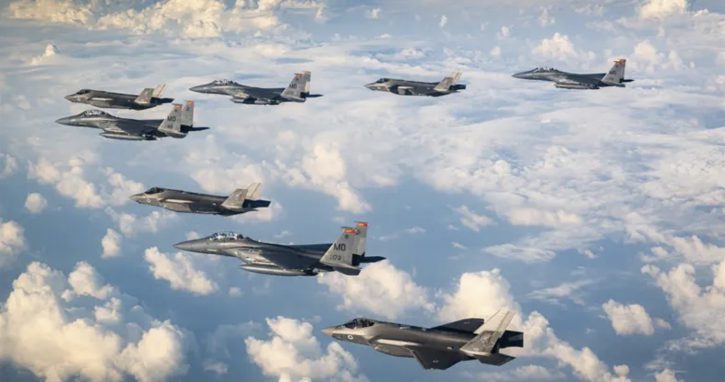IAEA Director General Rafael Grossi tells Fox News that Iran’s nuclear program has been “significantly” set back, a “night and day” difference from before June 13.
Iran’s nuclear program has been “significantly” set back, according to Rafael Grossi, Director General of the International Atomic Energy Agency (IAEA).
In an interview on Fox News on Tuesday, Grossi described Iran’s nuclear capabilities before June 13 as starkly different from their current state, though he did not specify if this setback amounted to “years.”
“It is clear that there is one Iran before June 13 — nuclear Iran — and one now,” Grossi told Fox News. “It is night and day.”
This significant disruption comes as the IAEA also reports it cannot account for nearly 900 pounds of potentially enriched uranium in Iran, following the US military strikes on Iranian nuclear facilities over the weekend.
US forces conducted precision strikes on three key Iranian nuclear sites—Fordow, Natanz, and Isfahan—on Saturday. Grossi reported that Natanz suffered “very serious damage” in a centrifuge hall used for enrichment, and Isfahan also sustained damage.
When questioned about a previous statement regarding the enriched uranium potentially being moved to an ancient site near Isfahan, Grossi clarified the IAEA’s position.
“I have to be very precise…we are the IAEA, so we are not speculating here,” Grossi stated. “We do not have information of the whereabouts of this material.”
Iranian officials informed Grossi that they were undertaking “protective measures” which “may or may not include moving around the material.” Grossi emphasized the need for transparency, stating, “So, it is quite obvious you are asking me about it, that there is a question there: Where is this? So, the way to asserting that is to allow the inspection activity to resume as soon as possible. And I think this would be for the benefit of all.”
Regarding the enrichment level, Grossi agreed with Vice President JD Vance’s assessment that 60% enriched uranium is not equivalent to the 90% needed for a nuclear weapon. “I wouldn’t argue with that because 60% is not 90%,” Grossi said, but reiterated the paramount importance of locating the missing uranium.
“My obligation is to account for every gram of uranium that exists in Iran and in any other country,” he affirmed, stressing that the investigation is not discriminatory against Iran.
Grossi concluded by underscoring his agency’s ongoing mission: “My job is to try to see where is this material, because Iran has an obligation to report and account for all the material that they have, and this is going to continue to be my work.””My obligation is to account for every gram of uranium that exists in Iran and in any other country,” he affirmed, stressing that the investigation is not discriminatory against Iran.
Grossi concluded by underscoring his agency’s ongoing mission: “My job is to try to see where is this material, because Iran has an obligation to report and account for all the material that they have, and this is going to continue to be my work.”





